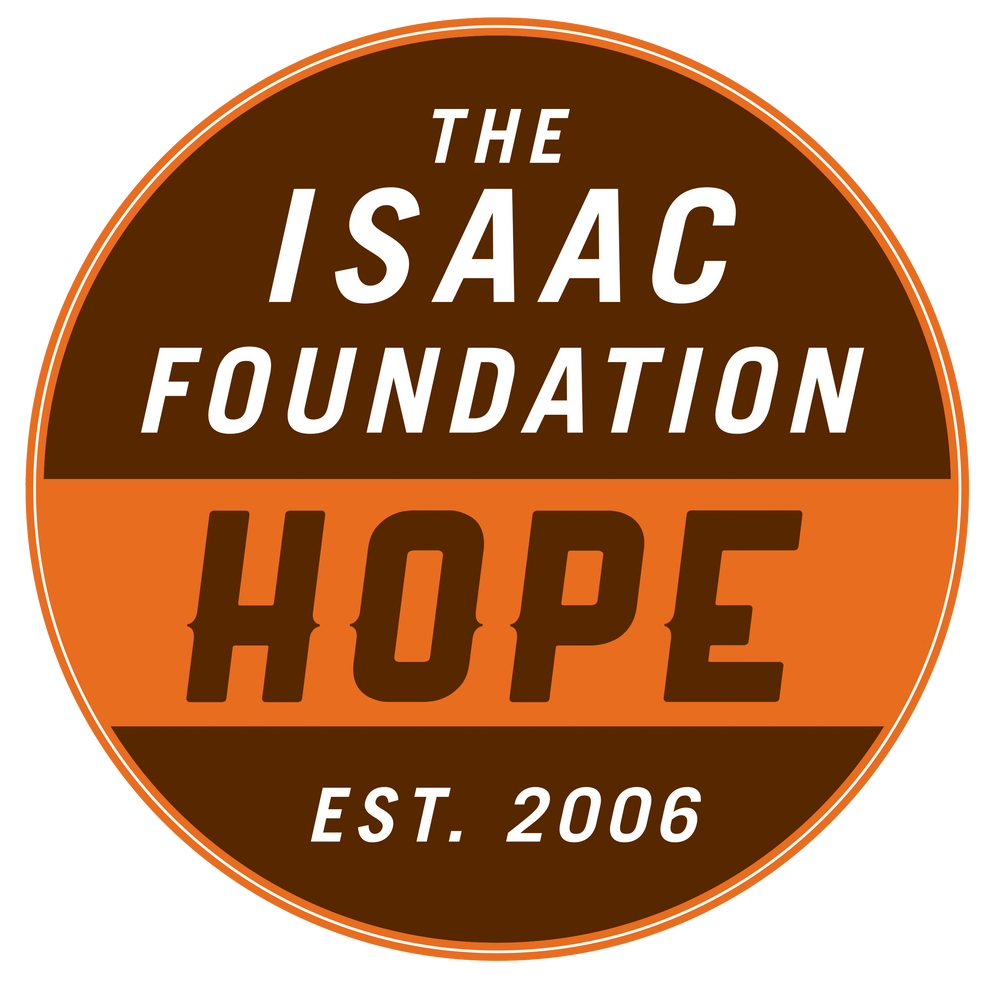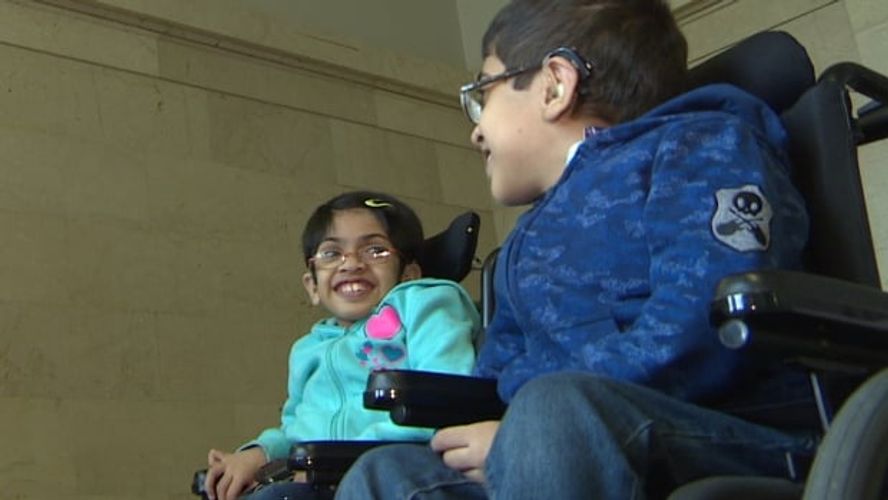



Published: 10/6/2015
| at 18:36 on October 05, 2015, EDT. The Canadian Press REGINA - Saskatchewan's health minister says he will ask for a second opinion on an unproven drug for three Saskatoon children with a rare and often fatal blood disease. The Akhter family has met with Dustin Duncan to ask that the government cover the expensive treatment for Morquio syndrome. It would cost $500,000 a year per child and the family's funding request was turned down by ministry officials last week. The drug is not a cure, although studies indicate it is effective in slowing down the disease in children under five. In this case, the three children are eight, 10 and 12. Duncan says he wants to make sure the department does its due diligence. "It's a very difficult situation, so I'm going to ask the ministry to consult further with some other out-of-province experts to give me a second opinion on this," Duncan said Monday. "While the answer last week was no, it doesn't mean it's no forever." There is one child in the province who is on the drug. Duncan said it's important to get as much information as possible through the drug review process and from the manufacturers. NDP Opposition critic Trent Wotherspoon said he feels the family should get coverage on compassionate grounds, even if the drug is not 100 per cent proven. "They deserve a lifeline. They deserve some hope," Wotherspoon said. "The potential of halting this degenerative disease and the progression of that disease is so critically important (to these children)." Morquio syndrome is a hereditary disease in which the blood lacks a certain enzyme. The syndrome is characterized by skeletal defects such as stunted growth, deformity of the spine and chest, short neck and loose and enlarged joints. It can also lead to thin tooth enamel and corneal clouding. The Isaac Foundation, an organization that funds research projects aimed at finding a cure for Morquio syndrome, is advocating for the Akhters. Executive director Andrew McFadyen said the decision to deny funding was made on scant evidence. "This was only looked at by one reviewer in Ontario, who clearly disregraded the international treatment guidelines, who clearly ignored the Canadian expert opinion on treating this disease," McFadyen said. The ministry has suggested the family take a long-term palliative approach to care for the children. McFadyen suggested that may prove even more costly to the health-care system. "When we look at the total cost of that drug, it's often noted that the cost to not treat these children may be the same ... when you look at interventions, medical appointments, hip replacements, corneal transplants, etc." (CKRM, CJWW, The Canadian Press) Content Provided By Canadian Press. Source: http://www.cfra.com/HealthCP/Article.aspx?id=481958 |